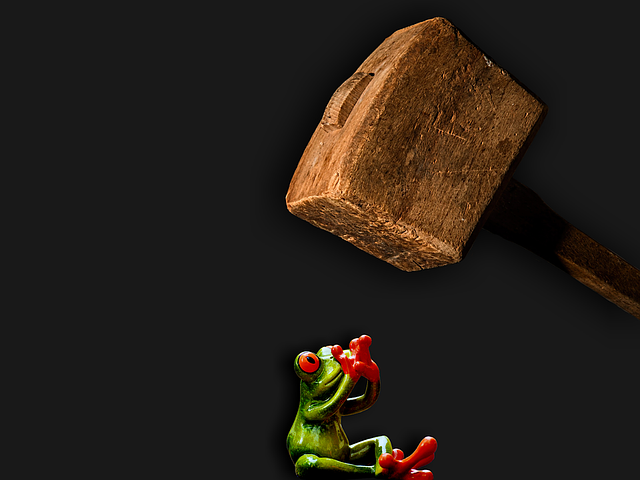The Preservation of Animals and Threatened Species
First of all,
With biodiversity facing unprecedented dangers, animal conservation and the plight of endangered animals have gained international attention. This essay discusses the value of protecting animals, the reasons why certain species are endangered, and the coordinated actions needed to preserve a variety of habitats and the people that live in them.
1. Biodiversity and the Health of Ecosystems:
Healthy ecosystems are built on biodiversity, which maintains the delicate balance necessary for life to exist on Earth. From the tiniest microbes to the greatest mammals, every species has a specific function to perform in preserving ecological balance. The extinction of a single species can have a domino effect, upsetting nutrient cycles, food webs, and the general functioning of ecosystems. The goal of animal conservation is to protect the complex interactions that characterize natural ecosystems and to maintain biodiversity.
2. Reasons for Danger:
Animal endangerment is frequently a result of human activity. Among the main causes of species loss are overexploitation, illegal wildlife trade, pollution, climate change, and habitat destruction. Finding appropriate homes and resources for survival becomes more difficult for animals when human populations rise and natural habitats decrease. Developing successful conservation efforts requires an understanding of these underlying issues.
3. Effect on the Welfare of Humans:
Animal conservation directly affects human well-being; it is not merely about protecting non-human existence. Many plant and animal species provide ecosystem services like pollination, water filtration, and climate management. There may be significant repercussions for agriculture, the supply of clean water, and climatic stability if these services are lost. Thus, the sustainability of human societies and the conservation of endangered animals are inextricably intertwined.
4. The imperative of ethics
Protecting endangered species is morally required, even in addition to biological and practical considerations. Animals are valuable in and of themselves, and it is our duty to protect them. Realizing the intrinsic value of every living thing, people have a responsibility as stewards of the world to stop the extinction of species brought on by human activity.
5. Strategies for Conservation:
A multifaceted strategy is needed for successful animal conservation. Effective conservation measures must include habitat restoration and preservation, anti-poaching initiatives, sustainable resource management, and public awareness campaigns. To create and carry out programs that address the underlying causes of endangerment, conservationists collaborate with local communities, governmental agencies, and non-governmental organizations.
6. Both in- and out-of-situ conservation
In order to preserve ecosystems, in-situ conservation entails safeguarding species in their native environments. On the other hand, ex-situ conservation refers to practices like captive breeding initiatives at zoos and botanical gardens that take place away from the natural setting. To increase the likelihood of a species surviving, particularly for those that are in danger of going extinct, a combination of the two strategies is frequently required.
7. International Cooperation:
International cooperation is crucial for animal conservation because of the interdependence of ecosystems and the transboundary character of many species. International agreements that promote collaboration between countries in the fight against illicit wildlife trade and the protection of endangered species include the Convention on International Trade in Endangered Species of Wild Fauna and Flora (CITES).
In summary:
Animal conservation is an essential requirement for the health of our world and the welfare of future generations, not just a niche concern. Humanity has a responsibility to acknowledge its part in both the causes and potential remedies of species endangerment as stewards of Earth's biodiversity. By adopting moral responsibility, putting conservation plans into action, and encouraging international cooperation, we can guarantee that endangered species survive and thrive, adding to the diversity and resilience of our common global legacy.

Comments
Post a Comment